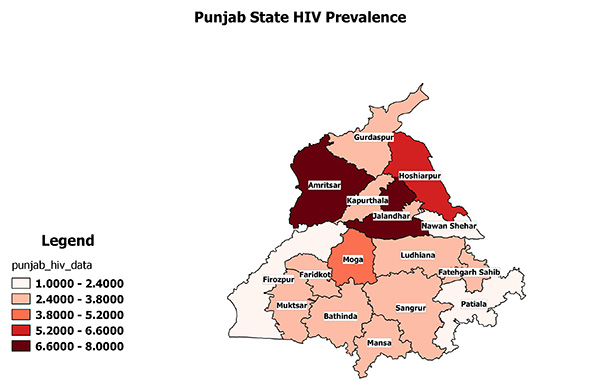
Global Health eLearning Center’s Community Feature Extends the Impact of Online Learning
In response to feedback from its users, the USAID Global Health eLearning Center (GHeL) and USAID’s partner at the Knowledge for Health project launched a new community feature on the site in February 2014, which gives students the ability to interact online with the course author and with other students in the same course. From August 4–13, 2014, GHeL launched its first facilitated, cohort-based learning study group to enhance students’ understanding of the main concepts in the Gender and Health Systems Strengthening course. The course author, Constance Newman, Senior Team Leader, Gender Equality and Health at IntraHealth International and working on the CapacityPlus project, asked participants to review two sessions of the course and then visit the online learning space to reflect on the discussion questions, ask questions, share experiences related to gender and health system strengthening, and learn from each other about how they have applied or plan to apply what they have learned from the course in their jobs. The study group included 82 participants from 10 countries who made 63 discussion contributions. More than 98% of participants were from outside the U.S. Participants were most interested in discussing issues around health workforce, service delivery, and information. Ms. Newman reported that the study group was a very worthwhile experience for her as well and something that she would be happy to do again. She concluded by saying, “In fact, I don’t know if I’d do an online course in the future without a study group or some kind of discussion opportunity. The value in the discussion is allowing participants to apply the concepts learned.”
Taking the lessons learned from the Gender and HSS study group, GHeL hosted a second study group from October 6–17, to enhance students’ understanding of the main concepts in the GIS Techniques for M&E of HIV/AIDS and Related Programs course and develop the skills needed to use QGIS. The course author Becky Wilkes, MS, GIS Technician for the MEASURE Geospatial Team, facilitated the discussion with the aim of providing learners with skill building technical assistance around the use of QGIS. More than 70 participants signed up for the study and made 41 discussion contributions. All contributions came from low-income countries. A participant from India shared a map he produced as a result of participating in the discussion with the study group: “It was a great experience. In the beginning of the course, I was a bit skeptic as I have some experience with Database Management but not with Maps. During the course progress I found it very interesting. In the end I achieved a great learning on Maps and a friendship with Becky [the course facilitator]. Thanks to Becky, whenever during the course progress I felt motionless in any issues, Becky was there with me to pull out of it. Together, we able to produce some good Maps. Now I am planning to show out project progress through Maps, in our next project review meetings.” Another participant from Uganda who posted a sample map shared similar appreciation for the opportunity to participate in the study group: “This is my greatest achievement in this course. It seems everything is possible with QGIS. I have been referring my clients to those with ArcGIS thinking that QGIS cannot do it. See what I have produced in a few minutes after your notes.”
Some participants encountered challenges with installing QGIS software, but Becky Wilkes, the facilitator, was able to provide individualized assistance to participants and identified versions that were more compatible with low bandwidth settings and accessible via mobile devices that she shared with all participants.
In discussing what went well and what could be improved with the new community feature on GHeL, Ms. Wilkes reported that the templates from the Gender and HSS study group helped a lot in preparing for the study group. The advanced planning, specifically producing a detailed schedule and list of possible guiding discussions questions, allowed her to spend more time responding individually to participants’ posts and troubleshooting their challenges with installing the QGIS software. Since this study group really intended to teach a new skill (i.e., how to use QGIS), a lot of her facilitation time was spent responding to individual participants so that they would be encouraged to continue with the course and not get overly frustrated by any software challenges. The post-study group survey included responses from participants who did not actually share anything during the discussion as well as some who did. All of them reported that the discussion was useful, including those who only read the posts (“lurkers”).
USAID will be encouraging other GHeL course authors to consider utilizing this new feature to actively build the capacity of their students by complementing and reinforcing the learning taking place on the platform.
This post originally appeared on the USAID Global Health Professional and Organizational Development (POD) Blog (posted by Terra Fretwell, Capacity Development Advisor, USAID with contributions from K4Health, CapacityPlus, and MEASURE Evaluation.) Map image courtesy of the authors. Help CapacityPlus spread the word about strengthening the health workforce. Follow us on Twitter and like us on Facebook.
Related items:


